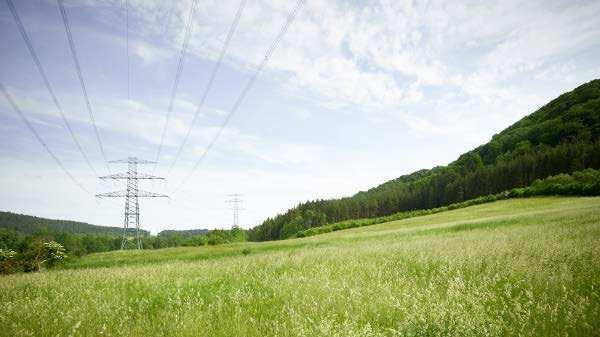
1 minute read
The Energy Transition
from Annual report 2015
by Elia Group
T H E E N E R G Y T R A N S I T I O N
Elia is currently dealing with the challenges posed by the energy transition by focusing in particular on shoring up and maintaining its grid and developing new technologies to make infrastructures much more flexible. Elia is also fostering innovation with regard to the development of market mechanisms and products so that it can best integrate renewable and decentralised generation sources.
YESTERDAY
Centralised generation units powered by fossil fuels were a stable and predictable source of energy. This energy was transported via the transmission and distribution systems from centralised generation centres to decentralised consumption centres. Renewable energies were still uncommon and consumers were passive stakeholders.
TODAY
Generation facilities are changing; renewable energies are gaining ground. A lack of profitability has forced gas-fired power plants to close, while consumers are also generating their own electricity, primarily via solar panels. Electric cars are appearing on our roads. The world of energy is changing, bringing with it new challenges for system operators and the balance on the electricity system.
TOMORROW
Renewable energies will play an increasingly greater role in the future energy landscape. Consumers are becoming more actively involved by generating more energy and storing some of what they generate. As a result, the structure of the energy system has evolved in such a way that managing the electricity balance is now more complex. However, help has arrived in the form of new digitisation technologies and the construction of interconnections intended to make it easier to transport energy to and from neighbouring countries, for instance.







